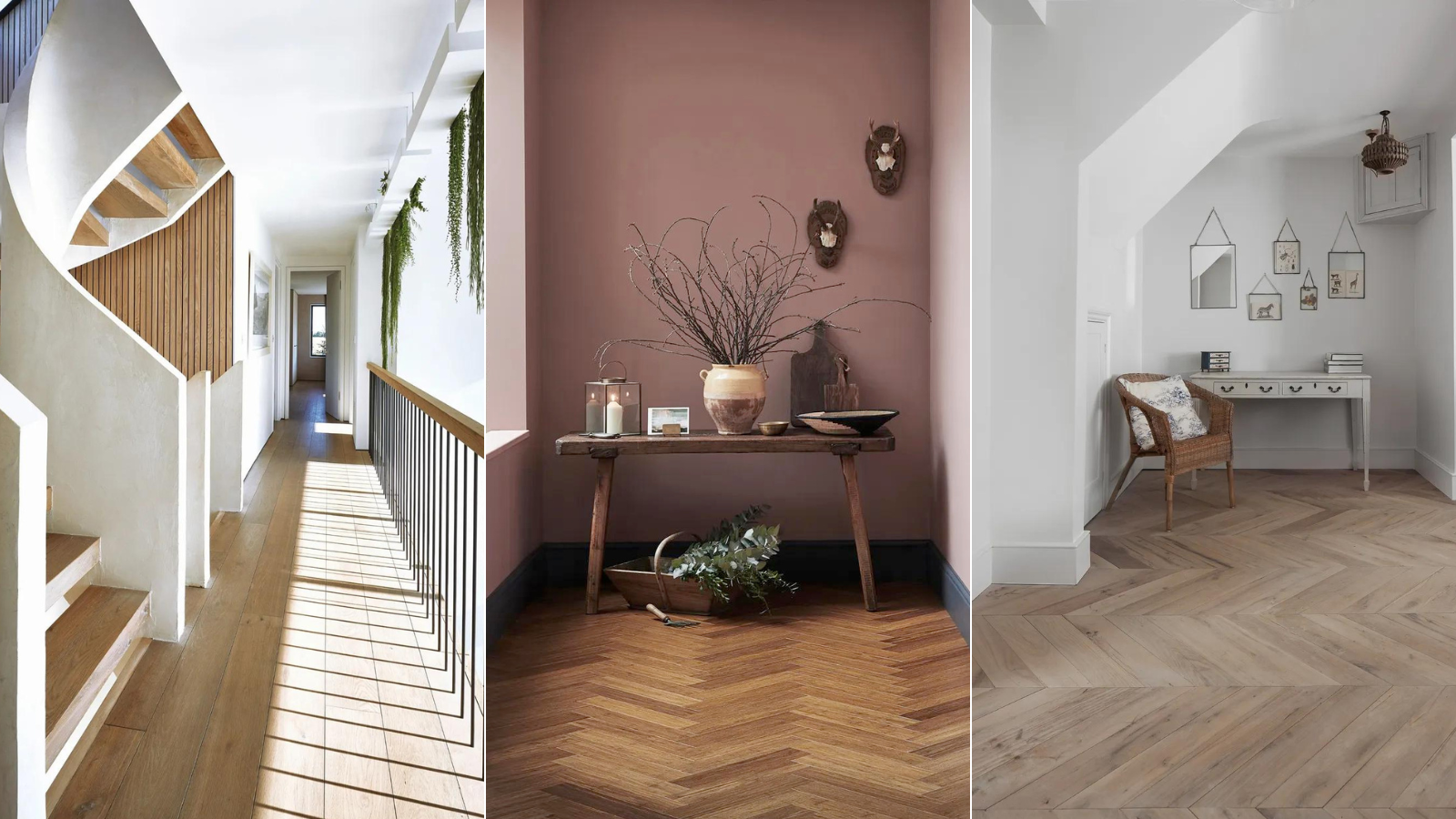
Creating floor cleaner at home – with some items that you will most likely already have in your pantry or amongst your cleaning supplies – is the environmentally friendly and cost-effective alternative to store-bought cleaners that can leave your wooden floor gleaming.
The key to maintaining the cleanliness and aesthetics of your wooden flooring is using the right cleaning products. These DIY cleaning solutions can be tailored to your flooring type and the depth of cleaning needed, helping you to clean with precision.
Our home and cleaning experts have explained some of their favorite, and the most effective wood floor cleaners to make at home, as well as some cleaning tips. These simple solutions can ensure you have a constant supply of floor cleaner on hand to keep your home looking and feeling its best.
How to make DIY wood floor cleaner
'Experimenting with a DIY wood floor cleaner and achieving exceptional results is a satisfying testament to the effectiveness of homemade solutions,' says George Alvarez, owner of Expert Epoxy Flooring.
'Many DIY floor cleaners leverage simple yet powerful ingredients to clean and condition the wood without leaving behind residue or harsh chemicals. They also enhance the natural beauty of the wood, leaving a streak-free and polished finish.'
What to know before using DIY cleaner
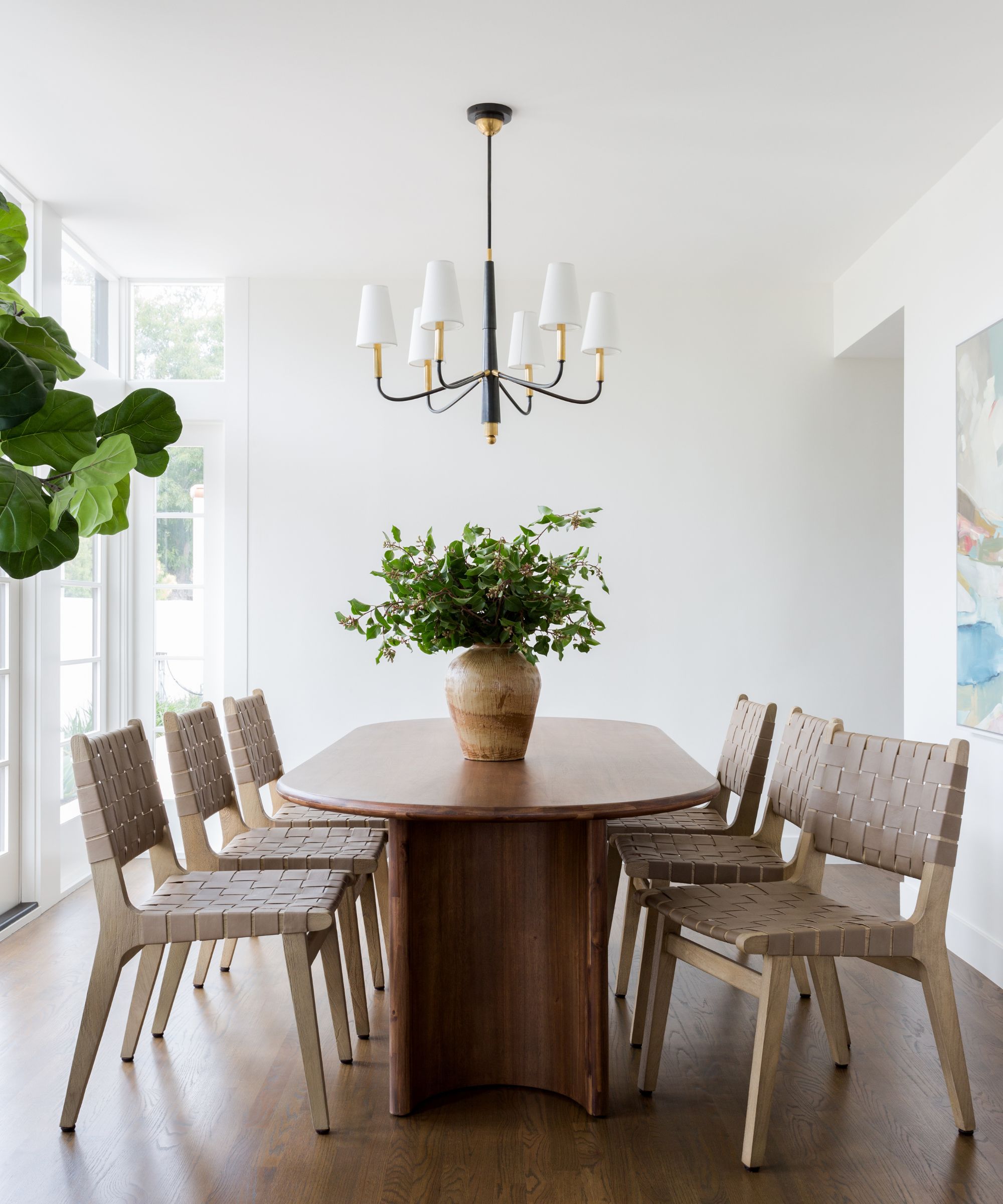
Cleaning hardwood floors and softwood floors will require different products and quantities. Below, Alex Motronchik, founder of Best Exteriors, shares his tips for troubleshooting your floors before you begin:
- Not all wood floors are the same, and different finishes may have specific care requirements. Research your specific wood type and its finish to avoid unintended consequences.
- It's always a good idea to test your DIY cleaner on a small area of your floor before applying it to the entire surface. Apply a small amount to an inconspicuous area and wait 24 hours. Check for discoloration, dulling, or warping before committing to cleaning the rest.
- Resist the urge to create a potent potion. Strong cleaners can strip waxes and finishes, leaving your floor vulnerable and dull. Start with gentle solutions and gradually increase strength if needed.
1. Vinegar-based solutions
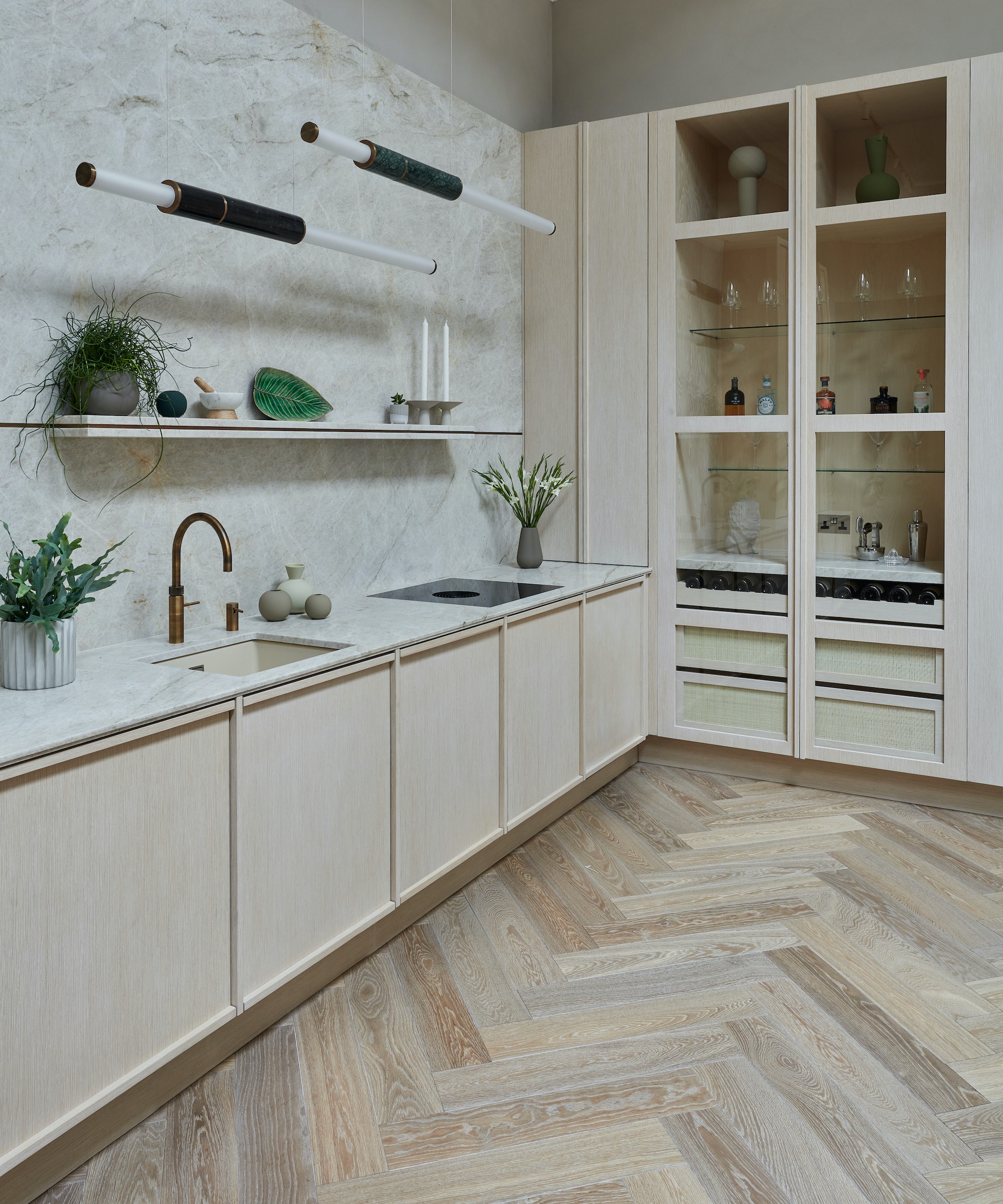
Cleaning with vinegar is a common use of this pantry staple, and flooring is no exception. Karina Toner, Operations Manager at Spekless Cleaning recommends three different ways to use vinegar in DIY wood floor cleaner:
- The olive oil and vinegar blend: Combine one part olive oil with three parts vinegar (preferably white vinegar) for a gentle yet potent wood cleaner. The vinegar's disinfectant properties, paired with the oil's nourishing effects, restore the wood's luster and provide an added layer of protection. Always apply this blend sparingly to avoid leaving an oily residue on your floors.
- The vinegar and water solution: When mixing equal parts of water and vinegar, ensure you're using warm water to help dissolve grime effectively. This concoction not only cleans but also acts as a natural deodorizer, leaving behind a fresh scent. It's crucial to mop hardwood floors lightly and ensure your floors dry swiftly to prevent excess moisture from seeping into the wood.
- The cornstarch and vinegar paste: Combine cornstarch and vinegar to form a paste-like consistency. Apply it on stubborn grease stains, allowing it to sit for a few minutes before wiping it off. This paste gently lifts grime without causing any abrasions on your wood surfaces.
2. Hydrogen peroxide solution
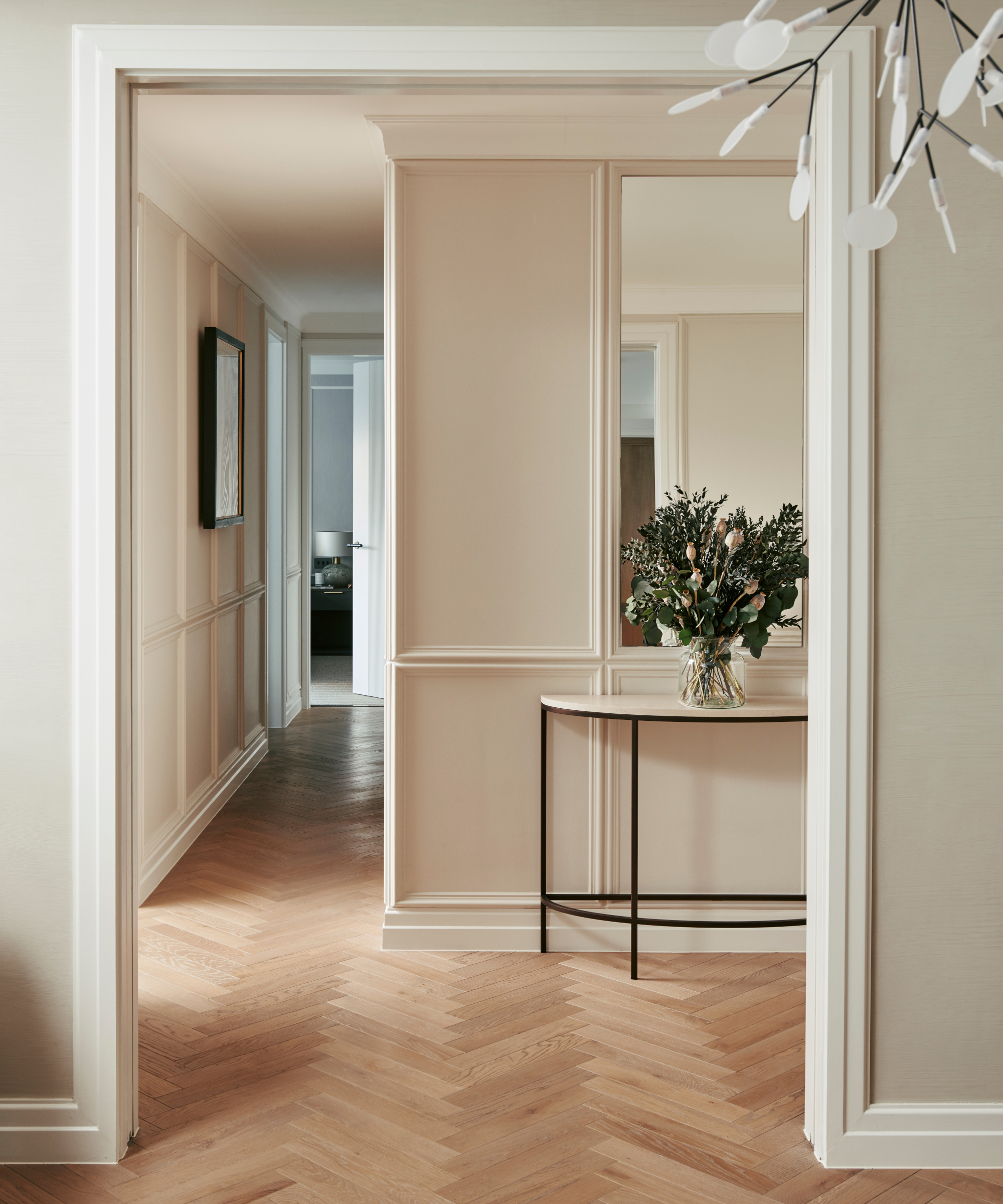
Using hydrogen peroxide is another great option for tackling stubborn stains or mildew.
'Dilute hydrogen peroxide with water in a 1:1 ratio,' instructs Karina Toner. 'Apply it cautiously to avoid bleaching or damaging the wood. After application, rinse the area thoroughly with water and dry it immediately.'
3. Tea-based cleaner

This next DIY cleaning solution is unconventional but surprisingly effective.
'Brew black tea, allow it to cool, and use a damp cloth to apply it on your floors,' says Karina Toner, cleaning specialist. 'Black tea's tannic acid revitalizes and restores your wooden floor's natural shine. Allow it to air-dry to achieve optimal results without leaving any moisture residue.'
4. Mineral spirits and water solution
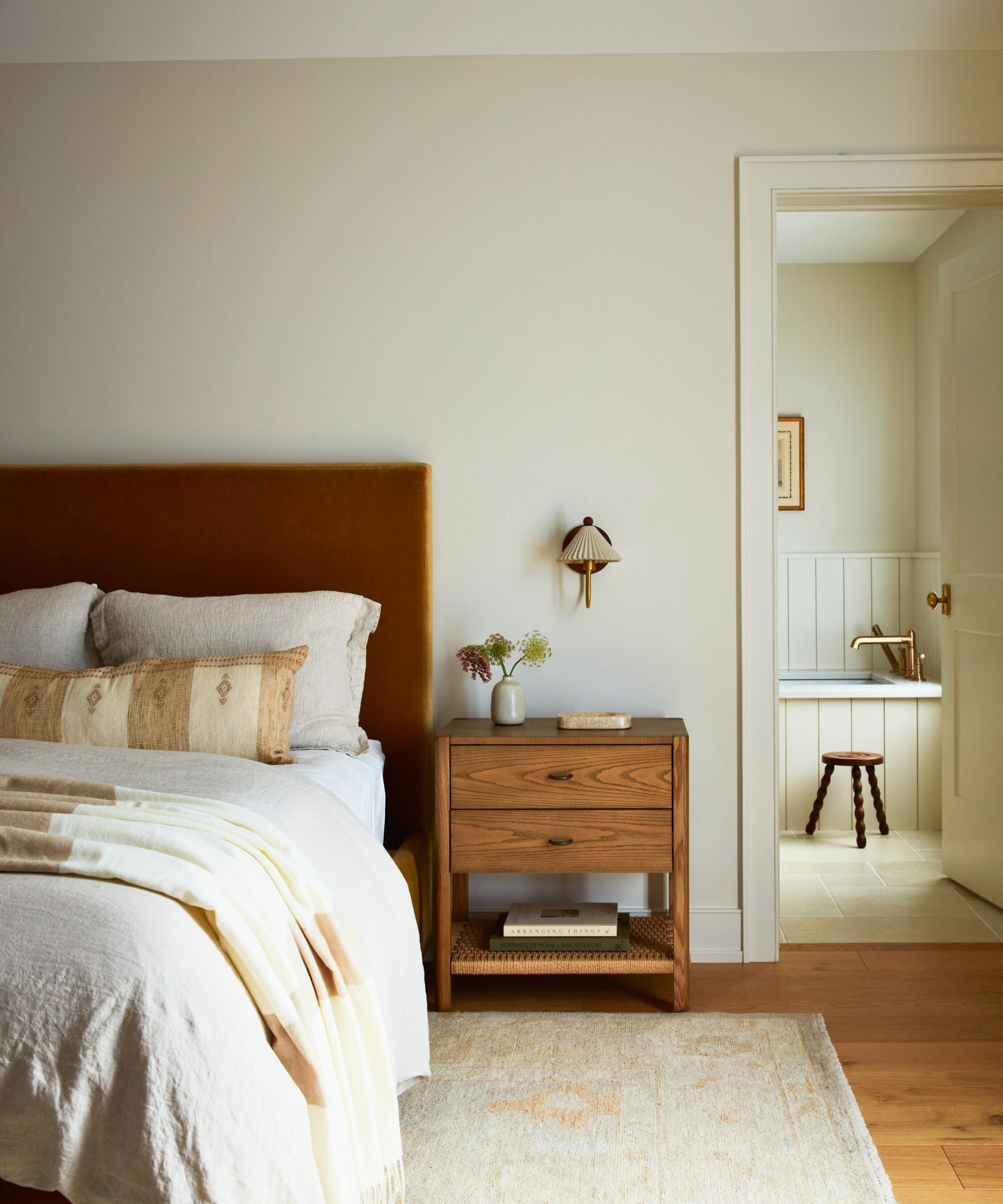
Although this next DIY solution isn't the height of green cleaning, it can help you clean stubborn spots in a pinch.
Mix mineral spirits with water in a 1:10 ratio to tackle wax or grease buildup on your wooden floors. Use a soft cloth to apply this solution in small sections, ensuring you don't leave any excess solution on the wood. Always ventilate the area well to dissipate any fumes. If you don't have a window nearby, using a fan to disperse the fumes can be a handy alternative.
5. Rubbing alcohol spot treatment
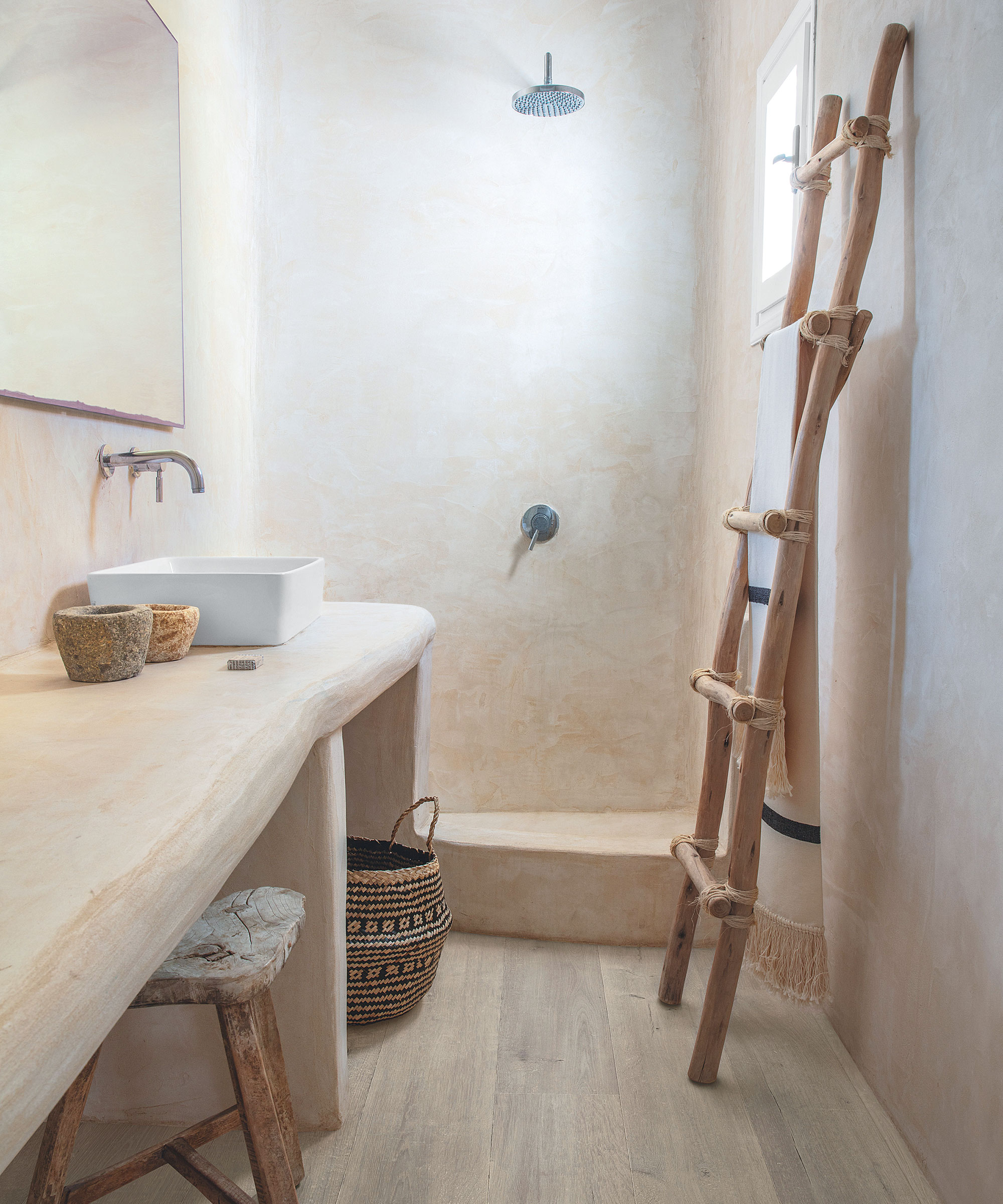
'For particularly stubborn stains, apply rubbing alcohol onto a microfiber cloth and gently blot the stain,' recommends Karina Toner. 'Remember, excessive rubbing can damage the wood's finish, so always use a gentle touch.
'After treating the spot, wipe the area with a damp cloth to remove residual alcohol.'
The beauty of this method is that rubbing alcohol is a deodorizing agent, which will help to lift any odors as you clean your floor. This method, combined with the DIY cleaners listed above, are a few of the tricks people with nice-smelling mudrooms always do.
Additional tips
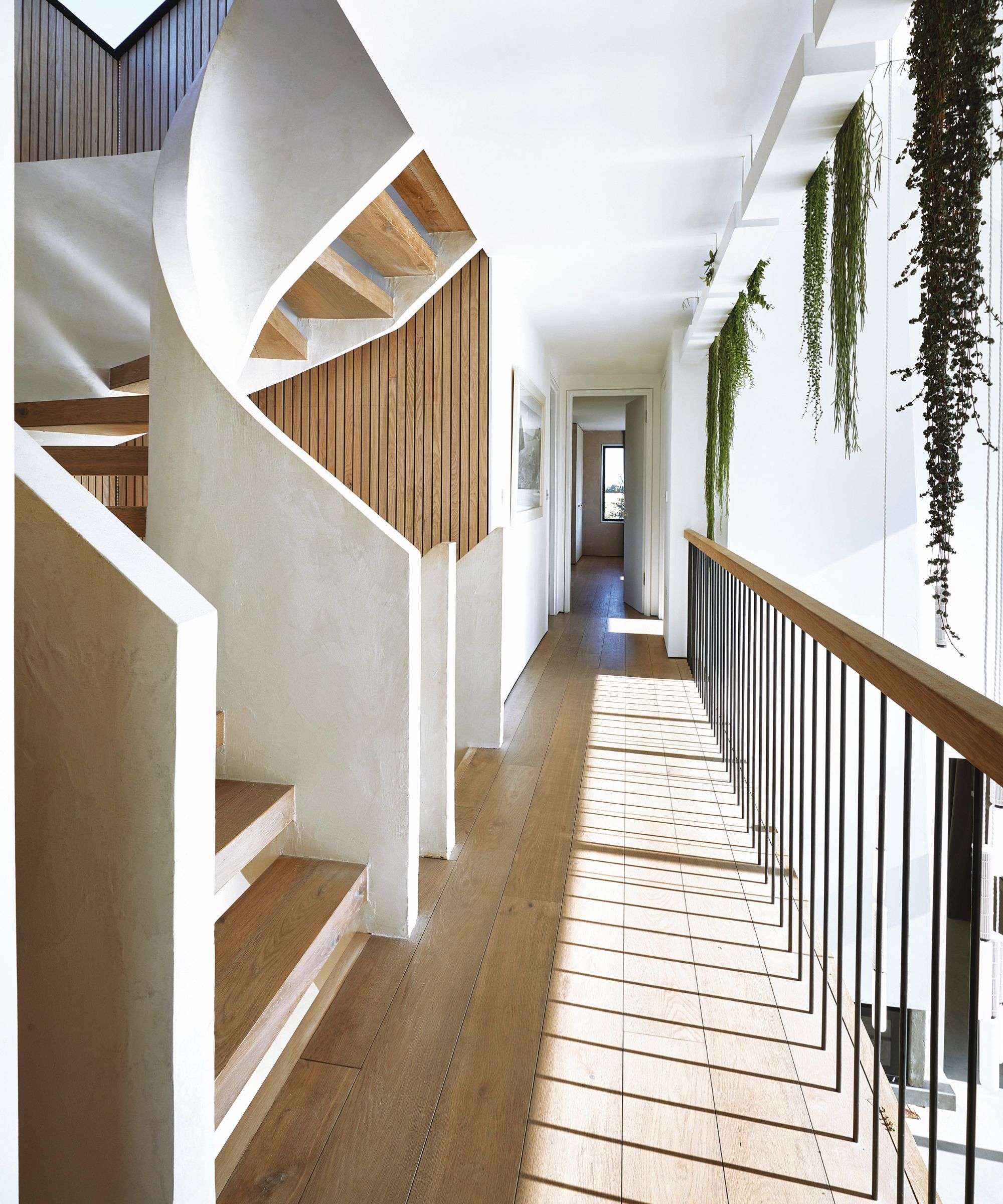
- Use a well-wrung microfiber mop to avoid over-wetting your floor,' advises Alex Motronchik, cleaning specialist. 'Dampness is your enemy, so wring that mop like it owes you money!
- After mopping, buff your floor with a dry microfiber cloth. This adds a lovely shine and removes any lingering moisture.
- Keep a spray bottle filled with the DIY floor cleaner of your choice with your cleaning supplies for quick touch-ups and to tackle spots and scuffs right away.
FAQs
How can I make my floor smell nice?
As well as using deodorizing products to clean your floor, infusing a DIY floor cleaner with essential oils is a great way to ensure your floor smells nice.
'Create a solution using essential oils like lavender or citrus, mixed with warm water and a mild soap or castile soap for added cleaning power,' advises Karina Toner, cleaning expert at Spekless Cleaning.
Mopping your floors with cinnamon is also said to boost your prosperity and leave your home smelling fragrant. However, remember that essential oils can be potent, so use them sparingly to prevent any residue buildup on your floors. Always test the solution in a hidden area first to ensure compatibility with your wood type.
DIY cleaning can be a rewarding adventure, but always proceed with caution and respect your wood floor's delicate nature. If you're unsure about anything, consult a professional floor care specialist. They can assess your needs and recommend the best cleaning approach for your wood floors.







